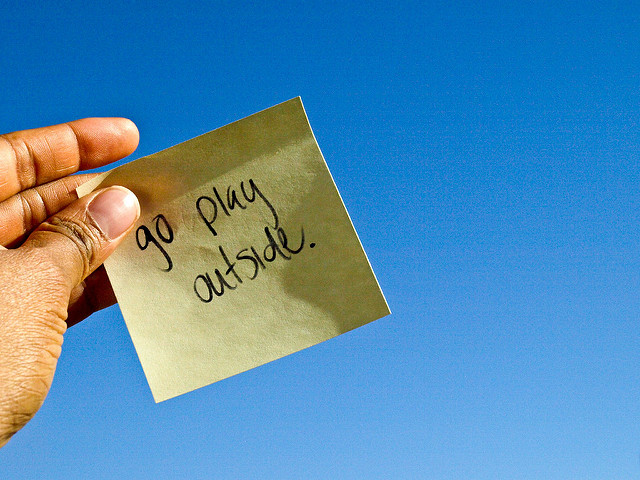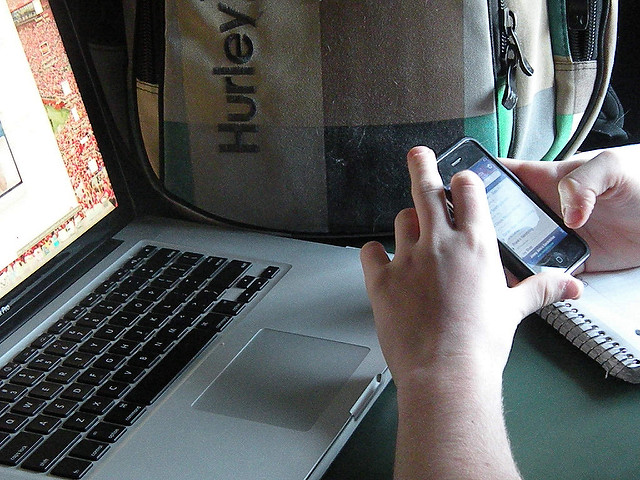Last updated on March 9th, 2019 at 04:21 pm
I keep a mental list of things I’m awful at:
Cooking
Making the bed
Writing long lists
Only one thing really held me back, in my career, personal life, and relationships, though.
In college, when I saw how my friend used this one strategy, it was like a strong punch of sobriety after a night of too many cheap vodka shots.
It’s effect in this year alone: I earned more money (almost a $10,000 yearly increase), created my first Hollywood tracking board, and developed a more valuable network of colleagues.
I’ll get to all that. First, though – back to the awful:
One Thing That Held Back My Career, Personal Life and Relationships
I was always awful at asking people for help or advice.
I thought everything was up to me to “figure it out.”
And that asking for help was a sign of weakness.
Plus, I had this screwed up interpretation when others asked for help. I always translated their words, “Can you help me with this?” into “Can you do this for me?” Which wasn’t fair to anyone.
There were so many arenas in which I should have asked for help, but never did:
Soccer – I never learned to strike properly, or attack with confidence. And I never asked for help.
Digital electronics – (Yeah, I was engineering geek in high school…) Rather than damage why reputation as a smart dude by asking for help, I focused on scoring well on exams over grasping the fundamentals (voltage, current, and resistance) that I never understood.
Editing – This was a recent development, in which I learned more, in editing for 4 hours sitting next to a relative expert, than 14 hours editing alone in a dark room.
What was the Game Changer?
Enter: my friend Joshua, who showed me it was okay to ask for help.
He’d struggle through a problem, and if he hit a block, he’d ask for guidance – from a bunch of people.
This idea blew me away: here I was refusing to ask one expert for help, and Josh would ask like 5 people!
It didn’t matter if it was help with editing a paper, navigating a juncture in his career, or relationships.
He always sought the big picture. And he knew how to do it openly and honestly. He’d say, “I’m asking a bunch of people for help. I really respect your opinion, what do you think about this situation…?”
What I noticed was this:
When he put it that way, when I saw that he worked to solve the problem himself first, my “barrier” about asking for help didn’t come crashing down.
I was more than happy to help. It made me feel good. It was a win-win.
Then, Josh would take action (note: not always following my advice. Probably for the better — but that’s not the point). He did something. And I liked being a part of his action, even if indirectly.
That’s when it clicked for me.
It was a small, but significant tweak.
This was the game changer:
We like to help people when they acknowledge the help, and take action.
Even when it’s not their advice you’re acting on.
It seems so simple but this idea blew me away.
There are so many things in the past year alone, that I couldn’t have done without asking for help.
A Few of My Game Changers – And My Exact Words
Negotiating salary – I armed myself for two successful salary negotiations by asking my colleagues a simple question and a follow-up: “How much do you make? I’m asking people so I understand the market rate.”
Creating a Hollywood tracking board in my niche – Learning literary contracts and deal points in a vacuum is difficult, but my grasp of concepts more than doubled after I selected a few people in similar roles and asked: “Would you be interested in sitting down once a month and studying these deal points together?”
Networking – If I felt like I provided value, and genuinely connected with someone at drinks or an event, I’d ask: “Is there anyone else you think it’d be helpful that I talk to?”
Asking For Help is An Art and Science
Meaning, these exact words alone may not produce the same results. There’s a lot going on beneath the surface, months and years of providing value to others first.
You can’t be wearing a sign across your back, “Please Help Me!”
I still don’t ask for help enough. The difference, however is: I’m not limited by the ask.
Instead, I’m limited two things:
The time I know it takes to give back and provide value in return, and…
The scalability of my own system that prods me to give, give, give to others, first.
Asking for help, in conjunction with these two points, has been a game changer for my career and life.
What’s been your game changer? What systems or outlooks have you implemented that helped you make leaps you didn’t think possible?
Photo Credit: Donnovann









